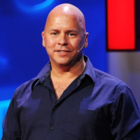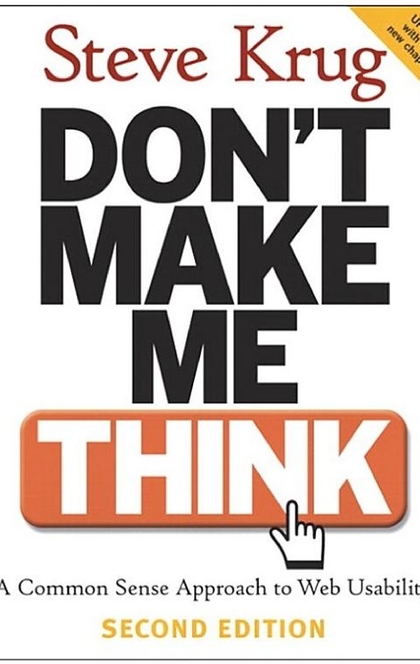
Derek Sivers Books - 35 Book Recommendations
Derek Sivers
Derek Sivers favorite books - 35 recommended reads.
In 1997, Derek Sivers, a professional musician, had no thought of starting his own business, but things escalated quickly. He just wanted to make money, in particular by selling CDs on his Internet page. Afterwards, a few friends also asked him to sell their CDs. When there were more musicians, the CD Baby company was born.
But five years later, Sivers realized it was time for a change. He sold CD Baby for $22 million. With this money, Sivers opens a charity for young people who need to pay for education, and he sets out into a completely different sphere of activity.
In 2011 his book Anything You Want was published, describing his experiences with CD Baby. His unconventional approach to business has inspired many entrepreneurs to follow their dreams. Recently, Sievers has decided that inspiring others to become entrepreneurs will be his primary focus. He started Wood Egg, which sells manuals and offers advice on how to start a business in Asian countries.
We've selected 35 Derek Sivers books that he recommends reading with his brief comment. Derek is a person to get inspired by and he has a lot of critical thoughts on books on that list.
So, check out 35 books recommended by Derek Sivers!
See all
0
likes
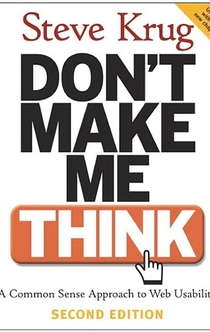
Don't Make Me Think
The classic book of web usability. Required reading for anyone who makes websites.
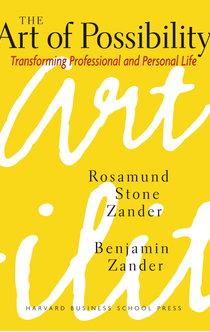
The Art of Possibility
Leadership coach and famous orchestra conductor collaborate on a book about relationships, art, personal development, children, and practice. Somewhat scattered but had some really interesting ideas.

Pre-Suasion
An interesting look at a single topic: what someone encounters beforehand greatly affects the influence of what comes after. Priming.
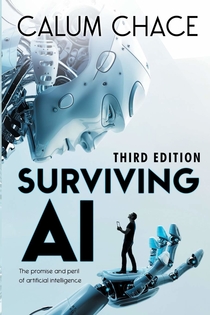
Surviving AI
A good overview of Artificial Intelligence. If you know nothing about it, start here, then read “Life 3.0” afterwards.

How Not to Be Wrong
Mathematics as an extension of common sense. I'd like to go through this again, doing and thoroughly understanding all the examples. On the first read, I let it pass over me.

Die Empty
Motivating thoughts on doing your work. Your work is the expression of your priorities. “Work” = creating value where it didn't previously exist. An interesting definition of three kinds of work: mapping, making, and meshing.
"Surely You're Joking, Mr. Feynman!": Adventures of a Curious Character
Autobiographical stories. Fun anecdotes. But they give a great glimpse into an approach to life: Doubt, challenge, and most importantly: test everything. Experiment. See what happens in the real-world, not in-theory. Applied not just to science, but how ants find food, talking to strangers in bars, sketching portraits, and playing a shaker in a Brazilian band.
See all

Never Split the Difference
Advanced book about negotiating. Serious hostage type stuff. For a lighter book on negotiation, read “You Can Negotiate Anything” by Herb Cohen.

Homo Deus
Very interesting alternative perspective on life from a historian. Anti-religion, anti-humanism, pro-animal. Seems detached, but is quite opinionated. Much to think about, regardless. My notes here give a taste. A lot to think about.
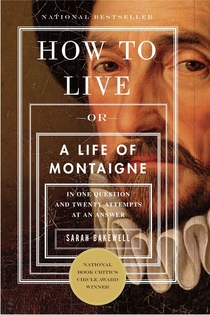
How to Live
A great biography of the original essayist Michel de Montaigne from the 1500’s, it also explores his philosophical questions. I loved learning about Pyrrhonian Skepticism.

Nobody Wants to Read Your Sh*t
About the technique of writing stories. Good for what it is, but note it's not part of the War of Art series.

Living Beautifully
Everything she writes is wonderful. All a similar theme. See the other books here for other (maybe better) examples.

Give and Take
If you feel you are too generous, or too greedy, or are wary and insist on reciprocation, consider reading this research-based look at the subject of these different personality types. Counter-intuitive findings.

The Bed of Procrustes
I'm thrilled if I get a few counter-intuitive thought-provoking ideas from any source. This book is filled with his usual cocktail party sprezzatura bravado, but refreshingly succinct, minus his usual blowhard explanations of his superior scholarly approach to life.
See all

Making Ideas Happen
The full title - “Making Ideas Happen: Overcoming the Obstacles Between Vision and Reality” - describes its contents perfectly. Great book on that subject.
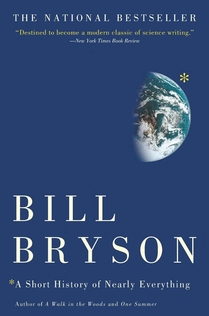
A Short History of Nearly Everything
Fun read of everything from the big bang to tectonic plates to the evolution of early man.
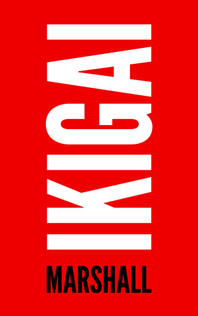
Ikigai
Essays on history, power, self-discipline, negotiation, and the hustle. I especially liked his philosophy on luck, building universally valuable skills, and producing/shipping something from even fleeting interests.

Wired for Story
If you've read other books on how to write a great story, this probably won't hold much new for you. But this was my first book on this subject, and I loved it. Changed the way I pay attention to movies and novels. Makes me want to write a novel.

The Pragmatic Programmer
Classic book for computer programmers. I read it first in 2003 before I was taking book notes, so I read it again now to take notes. Great wisdom in here. Amazing to see how much of its advice was adopted as norms by Ruby on Rails.
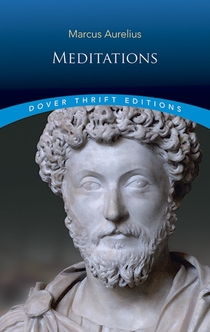
The Meditations of Marcus Aurelius
A true classic, filled with stoic wisdom mostly about being your best rational self, doing good for its own sake, and not letting other people upset you.
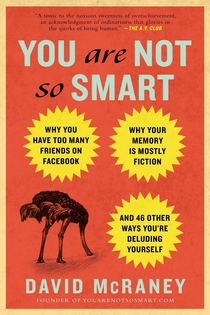
You Are Not So Smart
Great summary of 46 cognitive biases. Much of it covered in other books like Predictably Irrational, but if you haven't read those, this is a great starting book. Otherwise, just a good reminder, and worth reading.

The Lean Startup
The methodology here is the one I recommend the most. The stuff I preach is like a cute casual intro to the real deal: the Lean Startup methodology. (As an aside: this book is the one that pushed my book out of the #1 slot on Amazon's Entrepreneur charts. Quite an honor.)
See all
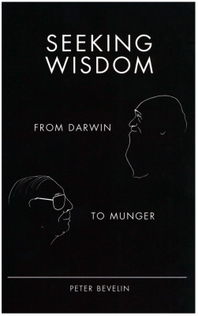
Seeking Wisdom
A great overview of the lessons of Charlie Munger (partner of Warren Buffett) - and his approach to checklists of multi-disciplinary models to guide clear thinking. Main point: if you can just avoid mistakes, you're doing better than most. So it's a catalog of the most common or important mistakes. Focused on investing, but can be applied to life.
See all

Start Small, Stay Small
Great how-to guide about being a micropreneur: an entrepreneur running many small but profitable businesses.
